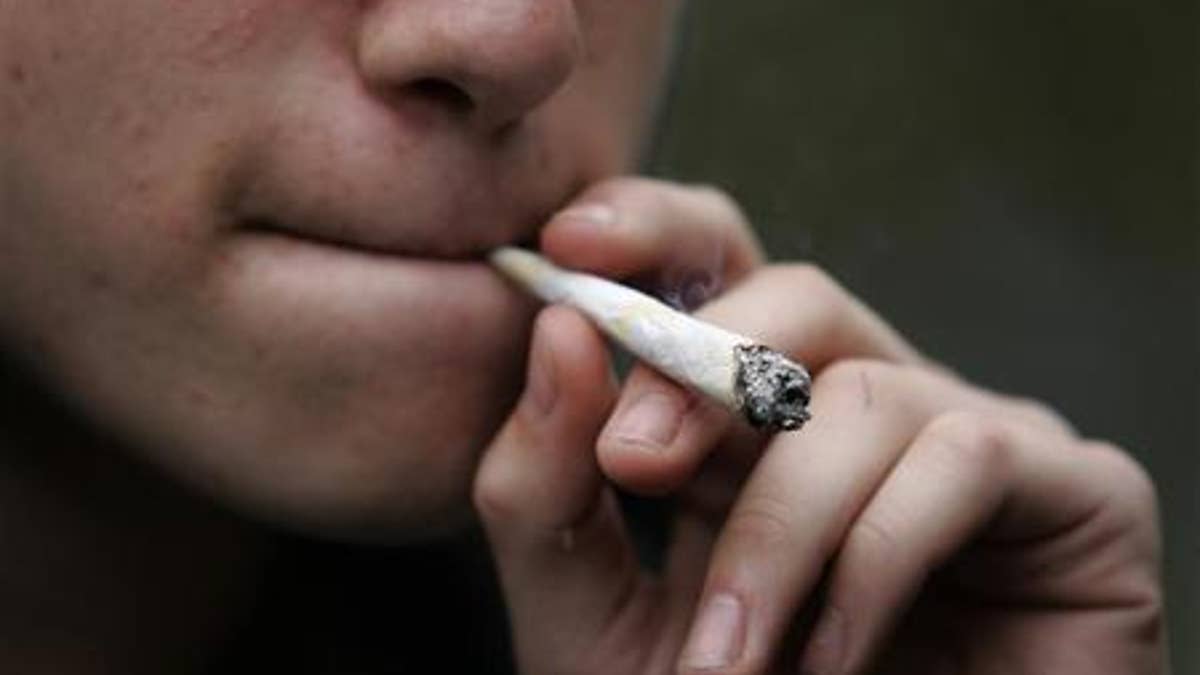
(REUTERS)
The public health impact of legalizing marijuana for recreational use is concerning to some, but there is little evidence to back up these worries, experts say.
In fact, the passage of new laws in Colorado and Washington essentially amounts to a public health experiment, which researchers can use to gather information on the real harms and benefits of legalizing the drug in the United States, experts said. The laws, passed by voters on Tuesday, allow adults over age 21 to possess or buy up to 1 ounce of marijuana for recreational use.
"It's an empirical question, and we'll finally have data to assess it," said Rosalie Liccardo Pacula, co-director of the Drug Policy Research Center at the RAND Corporation, a nonprofit research organization. Right now, there are many unknowns because research on the topic is limited, even in countries where the drug is legal.
Legalizing marijuana clearly has the potential to harm people, Pacula said. The drug temporarily impairs memory, coordination and perception, which affects driving ability and therefore endangers public safety. [See: Effects of Marijuana]
Indeed, studies have found that people who drive within a few hours of using marijuana are more than twice as likely to be involved in a car crash compared with other drivers, said Guohua Li, an epidemiologist at Columbia University Mailman School of Public Health, who has researched the effects of marijuana on driving.
Some studies have linked use of marijuana early in life with an increased risk for mental illness, and one recent study found a link between marijuana use in adolescents and lower IQ later in life.
But existing studies on the health effects of marijuana have generally been done using a selected population — those who are inclined to use an illegal drug — and not the population as a whole, Pacula said.
The real effect on public health will depend on how often people use the drug, whether it is used in conjunction with alcohol (which increases impairment), the drug's potency, and the amount of youth use, Pacula said.
It is reasonable to assume the new laws will lead to an increase in marijuana use by teens, though it's not clear how big this increase will be, Pacula said. Legalization of pot will lead to a drop in the drug's price, and with any drug, lower prices bring increased use, she said. If the drop in price is small, so is the rise in use.
Another unknown variable is the potency of the drug that becomes available to recreational users. Potency can vary widely, and higher potencies may increase the risk of mental health problems, Pacula said.
"When we have knowledge of those things, we'll be able to say wither public health is likely to go up or down," Pacula said.
